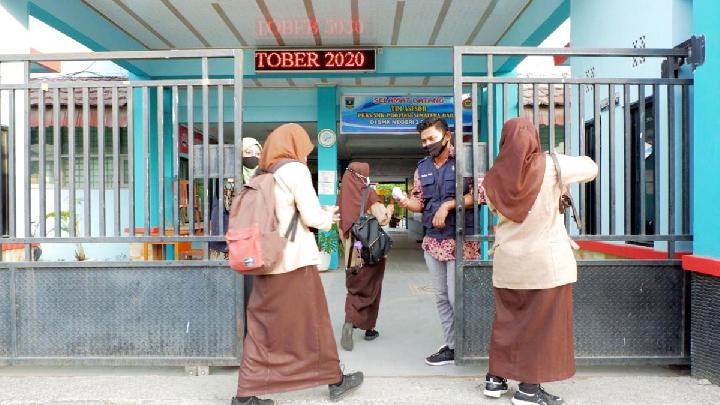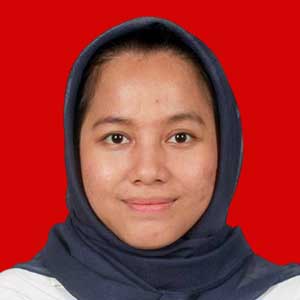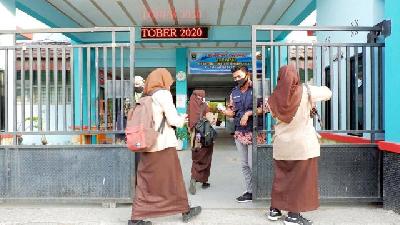Forced Hijab in Minang Land
Monday, March 1, 2021
Discrimination against non-muslim students occurred for years in Padang. Padang City government refused to revise the problematic regulation.
arsip tempo : 171326022655.

THE request came to Yohanna after new students orientation session in 2015 in the Nasional Padang Vocational School (SMK), West Sumatra, ended. “Yohanna, please matched the clothes like other students,” said Yohanna repeating the teacher’s statement to Tempo, Thursday, February 18.
Among 25 female students in her school at that time, it was only Yohanna who did not wear a hijab or headscarf. The Christian girl had ne
...
Subscribe to continue reading.
We craft news with stories.
 For the benefits of subscribing to Digital Tempo, See More
For the benefits of subscribing to Digital Tempo, See More












